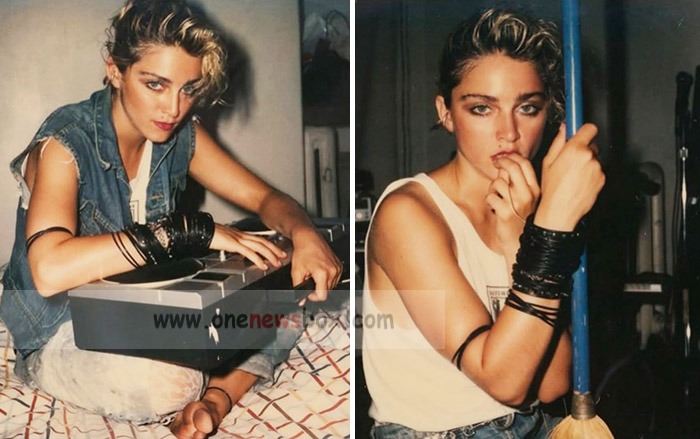By the late 1980s, Madonna had become a global icon. Her 1989 album Like a Prayer marked a creative turning point. Mixing pop, gospel, and introspective lyrics, it explored themes of faith, sin, and redemption. The controversial music video for “Like a Prayer”—featuring burning crosses and interracial romance—provoked outrage from religious groups and led Pepsi to cancel a major sponsorship deal. Yet, the scandal only amplified her influence, underscoring her ability to navigate and manipulate media outrage into artistic power.
Cinematic Ventures and Acting Career
Parallel to her music career, Madonna pursued acting with mixed results. Her breakout role came in Desperately Seeking Susan (1985), a quirky comedy that captured the spirit of downtown New York and aligned perfectly with her own persona. She later appeared in Shanghai Surprise (1986) alongside then-husband Sean Penn, Who’s That Girl (1987), and Dick Tracy (1990), the latter featuring her hit “Vogue.”
However, her most acclaimed cinematic role was as Eva Perón in Evita (1996), for which she won the Golden Globe Award for Best Actress. Her portrayal of Argentina’s controversial First Lady demonstrated a depth and dramatic intensity that silenced many critics who had previously dismissed her acting career.
Erotica, Controversy, and Reinvention in the 1990s
The early 1990s marked a period of intense experimentation and public provocation. Madonna’s 1992 album Erotica and its accompanying coffee-table book Sex pushed the boundaries of explicit sexuality in mainstream entertainment. Both projects were met with controversy, but they also forced a global conversation about women’s control over their sexuality and artistic freedom.

